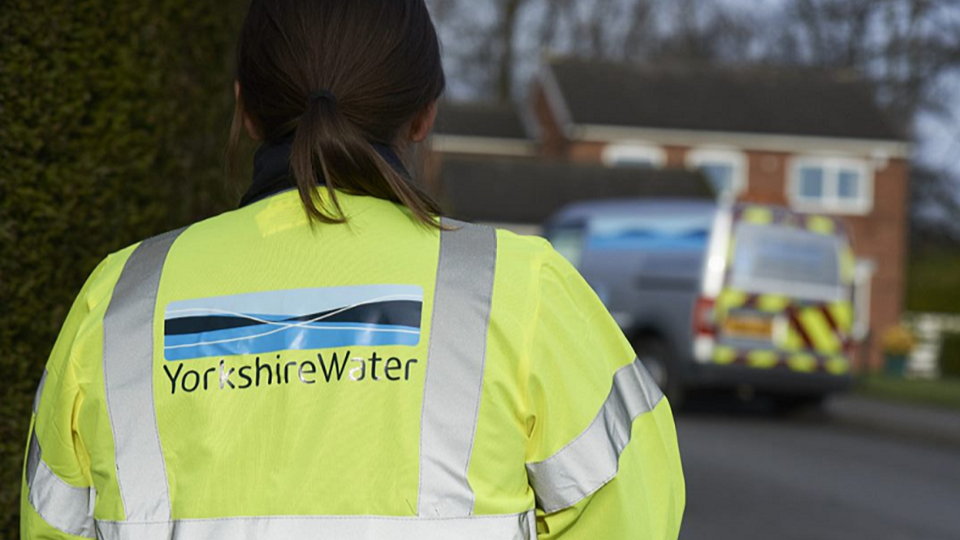Yorkshire Water is investing £30 million in a programme supporting leakage and burst reduction. A 40-strong team is coming together to deliver the investment to create a smart, resilient, and calm water network, supporting the company’s goal to reduce leakage by 50% by 2050, whilst improving the service provided to customers.
This is a three-year plan, and in the next 12 months the team will be responsible for implementation of 15 projects across three programme areas:
- Smart Networks – where technology, such as acoustic loggers, pressure sensors and flow meters, will collect information about how the network is performing and will be connected through an AI operating system. The technology will enable the water company to optimise the response to network events, speeding up visibility, prioritisation of work and proactive customer communications.
- Calm Networks – using pumps, valves and other controllers to optimise the water pressure within the water network. Reducing pressure variation that can lead to the weakening of pipes, ultimately resulting in bursts.
- Resilient Networks – Increasing the level of control on the network, allowing for scheduling of automated activities which reduce the impact of a network event or allowing for remote operation of valves to mitigate service impact.
By investing in these three areas, the water company hopes to better understand the root cause of a problem, reduce the impact on customers’ water supply and reduce costs by reducing the likelihood of additional problems in the future.
Adam Smith, manager of smart networks and metering transformation at Yorkshire Water, said: “It’s an exciting time for our team – the new roles offer an opportunity to work at the forefront of leakage technology and shape Yorkshire Water’s strategy for years to come.
“This team will help us to reach our goal of 50% leakage reduction. Reducing the amount of water leaking out of our pipes is a crucial part of our climate change response. With hotter, drier summers on the horizon, saving water where we can is vital.”



